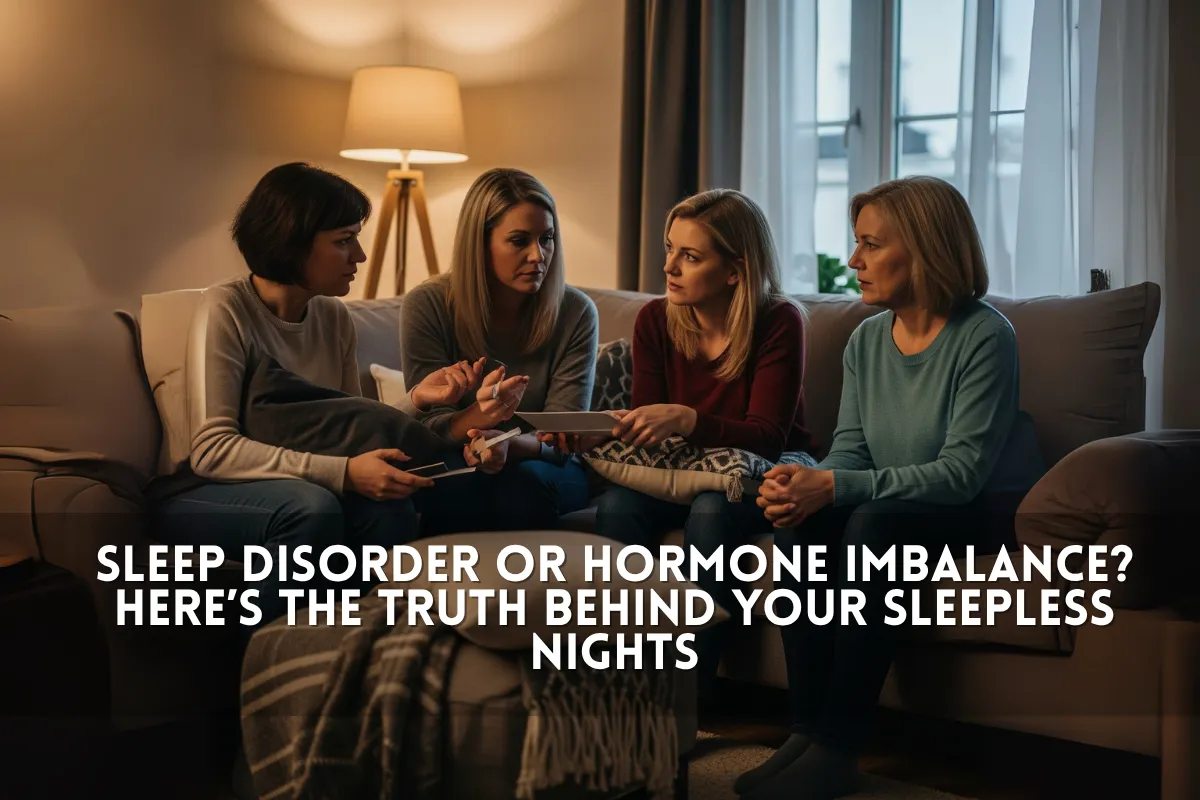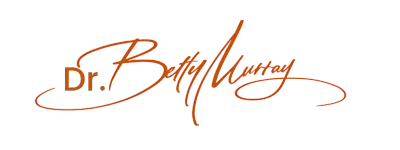
Sleep Disorder or Hormone Imbalance? Here’s the Truth Behind Your Sleepless Nights
Sleep Disorder or Hormone Imbalance? Here’s the Truth Behind Your Sleepless Nights
If you’ve been tossing, turning, waking up drenched in sweat, or feeling like a zombie all day despite getting “enough” sleep—it’s time to stop blaming yourself. It’s not just stress. It’s not just caffeine. And it’s definitely not just because you’re getting older.
For many women over 40, sleep disorders aren’t the root problem—they’re the symptom. The real culprit? Hormones in chaos.
What Is a Sleep Disorder?
Sleep disorders are disruptions in the way you fall asleep, stay asleep, or feel rested after sleeping. They can show up as:
Difficulty falling asleep (insomnia)
Waking up frequently or too early
Restless legs or twitching
Night sweats or vivid nightmares
Breathing interruptions (snoring, sleep apnea)
Abnormal behaviors like sleepwalking or night eating
Sleep disorders are typically split into two categories:
Dyssomnias: Trouble with the timing, quality, or amount of sleep (think insomnia, narcolepsy, sleep apnea)
Parasomnias: Unusual behaviors during sleep (like sleepwalking, bruxism, night terrors)
But here’s what most sleep clinics won’t tell you: your hormonal state may be the primary disruptor of your sleep.
Hormones: The Missing Link in Most Sleep Disorder Diagnoses
Let’s get specific. The hormones that directly influence your sleep include:
Progesterone: A calming hormone that supports GABA (your brain’s “chill out” neurotransmitter). When it drops in perimenopause, you lose the sleep-deepening, anxiety-reducing effects. Result? You wake up wired or can’t fall asleep in the first place.
Estrogen: Helps regulate serotonin and body temperature. Low or fluctuating estrogen causes night sweats, hot flashes, and serotonin dips—all of which wreak havoc on sleep quality and emotional stability.
Cortisol: Your stress hormone. If cortisol stays elevated at night due to blood sugar crashes, stress, or HPA axis dysfunction, you’ll feel tired and wired, waking up around 3:00am like clockwork.
Melatonin: Naturally declines with age, and light exposure disrupts it further. Without it, your circadian rhythm goes off track.
So if you’re snoring, sweating, tossing, or dragging—it’s not “just” sleep. It’s your endocrine system sending up a flare.
Common Midlife Sleep Disorders in Women
Here’s what shows up most often in my 40+ clients:
Insomnia or early waking (thanks to low progesterone and estrogen swings)
Restless legs (often tied to low dopamine, iron, or magnesium)
Sleep apnea (more common post-menopause due to changes in muscle tone)
Night eating syndrome or REM behavior disorder (linked to neurotransmitter imbalances from hormone shifts)
How We Treat It—Hormones First
You don’t need another sleeping pill. You need to fix the why behind your broken sleep.
At Menrva, we take a root-cause approach:
✅ Full hormone panel (estrogen, progesterone, cortisol, thyroid)
✅ BHRT (bioidentical hormone replacement therapy) tailored to your cycle and sleep patterns
✅ Nervous system support: adaptogens, magnesium, GABA, phosphatidylserine
✅ Gentle lifestyle shifts: blood sugar regulation, blue light control, exercise timing
✅ CBT-I (cognitive behavioral therapy for insomnia) when needed
✅ Sleep tracking to fine-tune your rhythms
And yes—sometimes medications like melatonin or anti-anxiety support are helpful. But only as part of a broader plan that gets your chemistry back in balance.
You Don’t Have to Keep Suffering Through Sleepless Nights
If you’re waking up unrested, anxious, or foggy more days than not, you don’t need to tough it out. Sleep is foundational—and when your hormones are supported, your brain and body can finally rest.
👉 Book your consult now at getmerva.com
👉 Let’s uncover the real reason you’re not sleeping—and fix it from the inside out.


